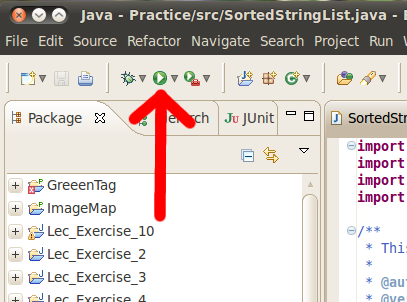Workshop took place on July 1st (second day of workshops) in FRN.
Video recording of the workshop
| 9:00-10:00 | Causal reasoning and Learning Systems. Leon Bottou, Jonas Peters, D. Max Chickering, Patrice Simard Due to a sudden personal reason Leon cannot attend to ICML this year. The talk will be given by Elon Portugaly. |
| 10:00-10:30 | On Bayesian Bandits Algorithms Émilie Kaufmann |
| 10:30-11:00 | Coffee break |
| 11:00-12:00 | Two basic problems in finite stochastic optimization Sebastien Bubeck |
| 12:00-12:15 | Dynamic Pricing with Limited Supply Moshe Babaioff,Shaddin Dughmi, Robert Kleinberg, Aleksandrs Slivkins download paper |
| 12:15-12:30 | Learning Hurdles for Sleeping Experts Varun Kanade, Thomas Steinke download paper |
| 12:30-12:45 | Contextual Bandits: Approximated Linear Bayes for Large Contexts Jose Antonio Martin H download paper |
| 12:45-14:00 | Lunch |
| 14:00-15:00 | The knowledge gradient for optimal learning Warren B. Powell |
| 15:00-15:10 | Introduction to the Exploration & Exploitation Challenge Jérémie Mary |
| 15:10-15:25 | Second team of the Phase 1 presentation Regulating Greed over Time for Yahoo! Front Page News Article Recommendations Cynthia Rudin, Virot Ta Chiraphadhanakul, Edward Su (MIT) |
| 15:25-15:45 | Winner of phase 1 presentation Upper Confidence Bound with Time Information on News Article Recommendations Ku-Chun Chou, Hsuan-Tien Lin (National Taiwan University) |
| 15:45-16:00 | Coffee break |
| 16:00-16:10 | Annoucement of winners of Phase 2 |
| 16:10-17:10 | Open discussion on future of exploration & exploitation |
You can find the last year proceedings (2011 edition) on JMLR Workshop series

